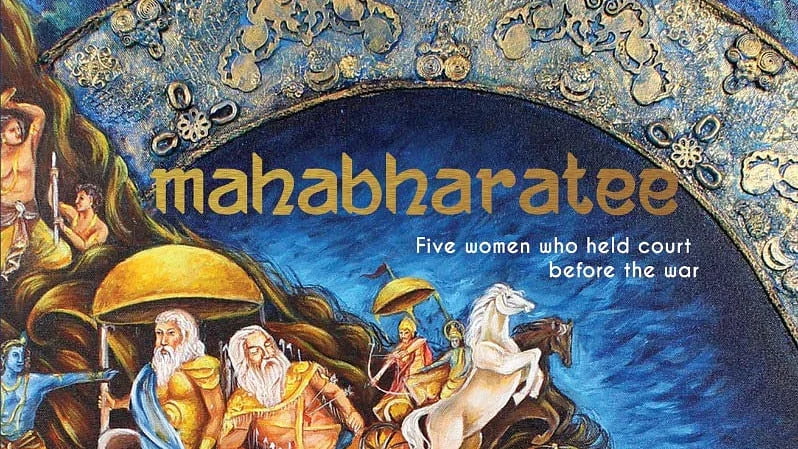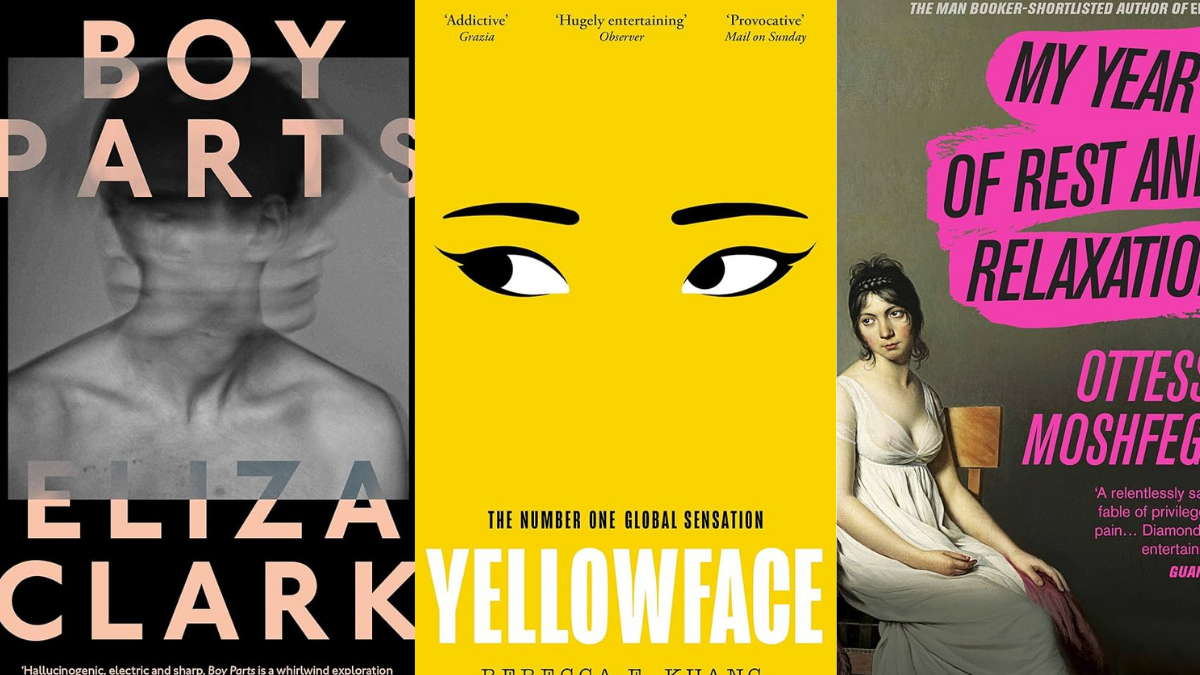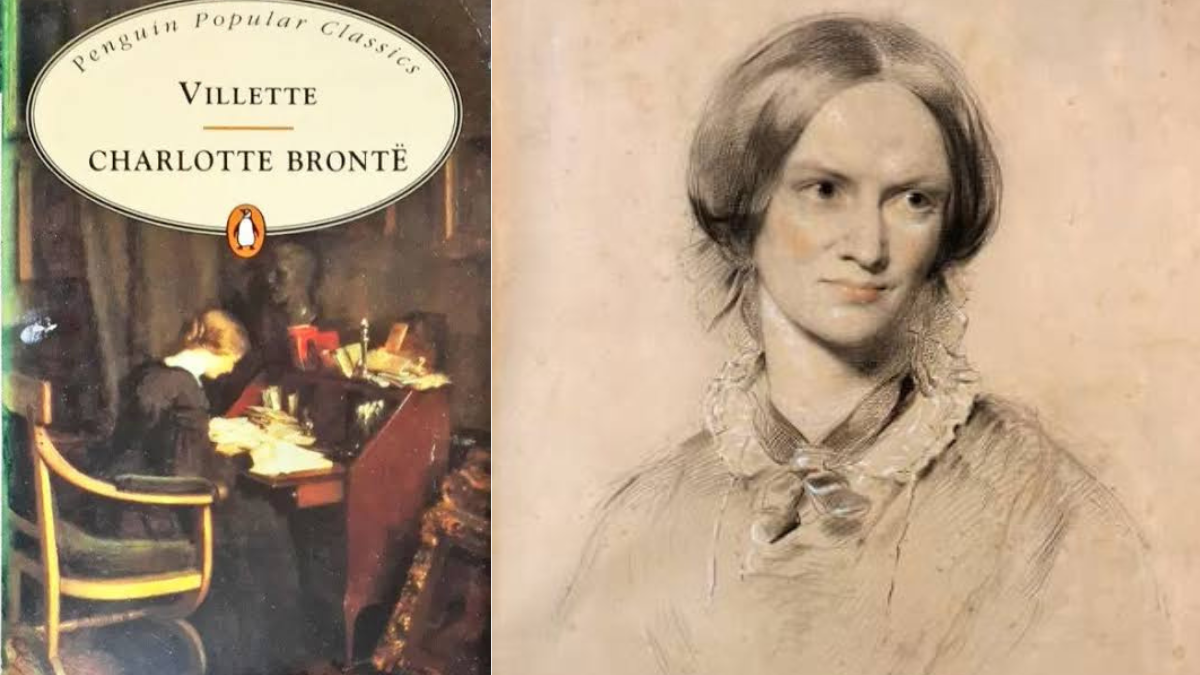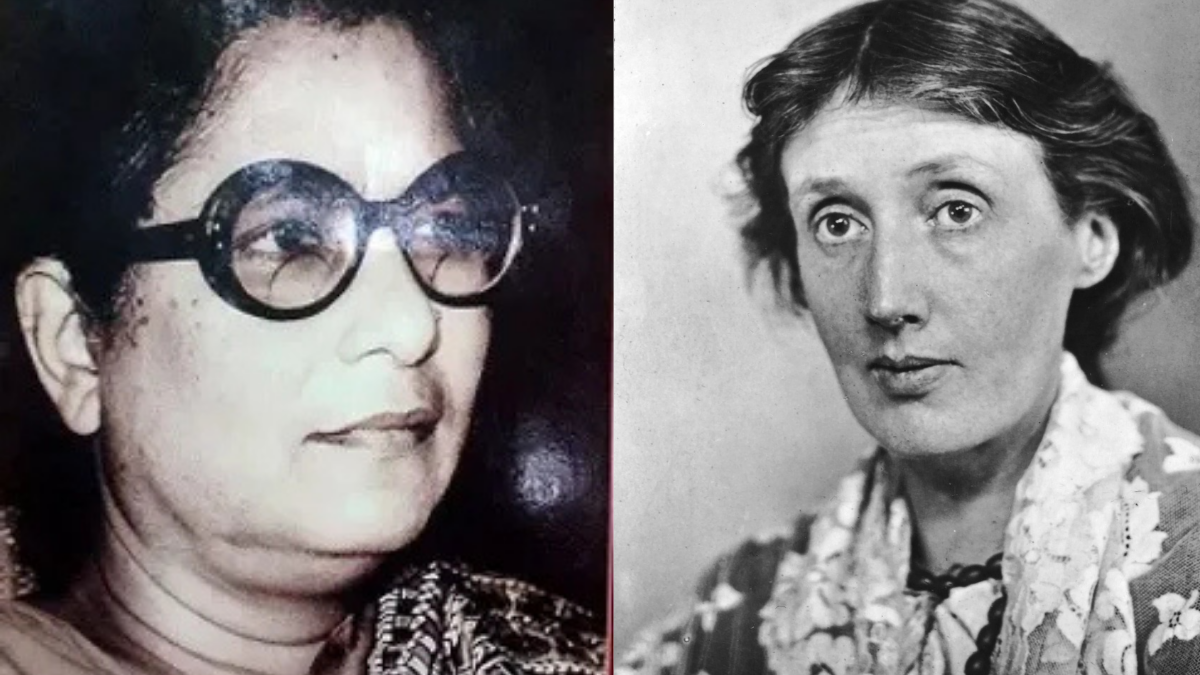“Bheeshma had always regretted that what Satyavati had done, should have been done by him. Today, too, Mahamata Satyavati is going to do what should have been done by him.”- Shruti Gupte
Mahabharatee
Author: Shruti Hajirnis Gupte
Genre: Historical Fiction
Mahabhartee is the celebration of womanhood through the re-rendering of an epic designed for men by men. It is a book that demands attention and takes its readers on a journey of re-reading the past through the ideals of an emancipated present. The young author dedicates her book to the epitome of womanhood. Mahabhartee is a feminist understanding of the events of the past. Five notable women of the saga decide to meet before the day of the war to negotiate a peaceful solution. The matriarch of the Kuru dynasty returns from the forest to save her generation from fighting within. She invites the decision-makers to convince them about war’s futility and tries to offer a peaceful solution instead.
Language is an intentional construction of culture, and every meaning is carefully placed to etch the psyche of the majority with stereotypes. Only if the epics are forced in a domain where meanings are questioned can the autonomy of patriarchal language be challenged.
In his literary pursuits, Mikhail Bakhtin suggested that a dialogical approach to an epic could deconstruct the meanings that have been constructed by society for so long. Language is an intentional construction of culture, and every meaning is carefully placed to etch the psyche of the majority with stereotypes. Only if the epics are forced in a domain where meanings are questioned can the autonomy of patriarchal language be challenged. The author’s approach in Mahabhartee seems to follow this ideal. She hopes to revive the memory of Vyasa’s Mahabharata and challenge every patriarchal construct that ultimately led to the fiercest war.
Also read:Book Review: A Gujarat Here, A Gujarat There By Krishna Sobti
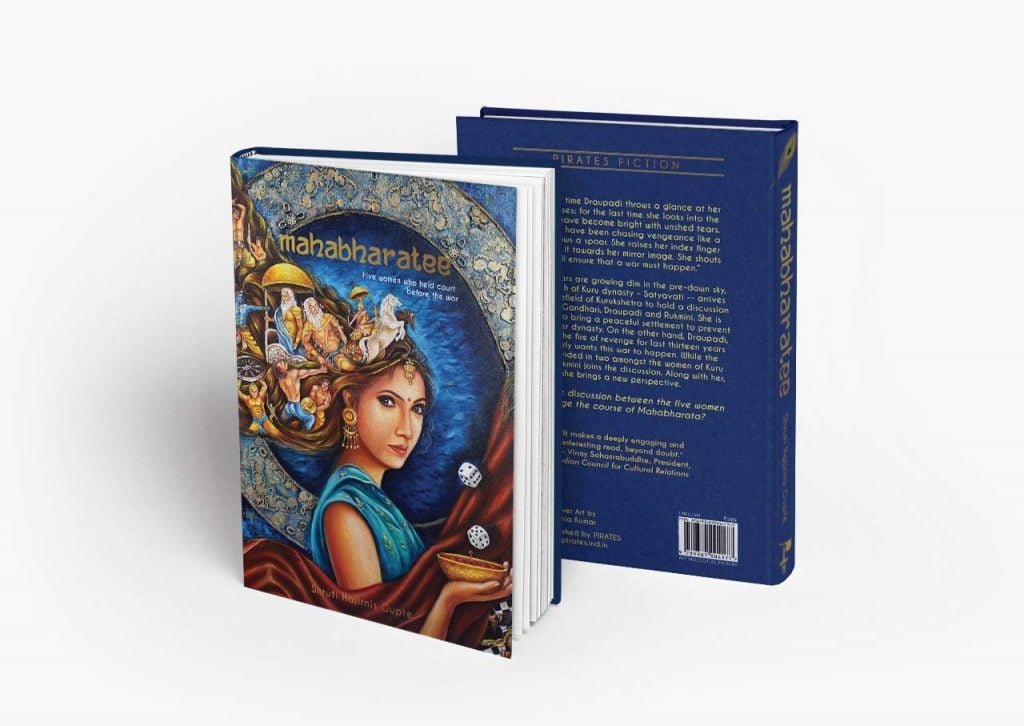
Mahamata Satyavati invites Draupadi, Kunti, Rukmini, and Gandhari to indulge in a discussion the night before the war. The author precisely describes the minutest of details that must have ensued the day before the war. She does not stop at mere physical rituals but dives into the psychological wounds that led to the fall of a dynasty. No question is spared, and no wound left veiled. From Draupadi’s insults to Kunti’s loneliness to Rukmini’s proposal to Gandhari’s injustice, every patriarchal blow is debated. Women are not reduced to patriarchy agents but claim to stand their ground, where they are the decision-makers and the victims.
The Herculean task of binding the longest epic in a novel is commendable, and the attempt to offer a fresh voice deserves an applaud. The author, though, gets caught up in the stereotypes that have fettered women always and seems to re-assert them. Draupadi’s hair, for example, has taken a sizeable part of the novel. The ritualistic importance of a woman’s hair has been beautifully showcased but ends up eclipsing the phenomena that the young princess must have been. Today’s literary libraries are not starved of feminist readings of these epics, and this novel is a worthy addition to that. For an amateur trying to understand the injustices of women, this book is a treat from its opening to its end.
The book never boasts of factual accuracy, as it is the author’s subjective understanding of these women’s inner quarters. The epic faltered to give its women a due place, and the novel does justice to them. It does, however, stumbles at a few places. The narration of the dice game, for example, and the infamous Shakuni’s dices forces the readers to go back to the epic and confirm few claims. The sentiment evokes through Draupadi’s remembering of the unfortunate event is a mastery that the author could have garnered only after a sympathetic and curious reading of the epic.
Also read: Women In Hindu Mythology: Is Their Space Too A Myth?
Mahabhartee is a commendable effort by Shruti Hajirnis Gupte of weaving a narrative that celebrates womanhood.
Julia Kristeva was a “humanist” who tried to convince that the war of feminism is futile until it dismantles the patriarchal language and replaces the meanings. Shruti Gupte’s novel is a feminist genius but is caught up in the whirlwind of patriarchal language. Every woman relates her life to the men she ‘belonged to’. Draupadi’s husbands’ claim of love and conversations, Kunti’s betrayal of her husband preferring the younger wife, Rukmini’s love for Krishna, and Gandhari’s statement of protest by blindfolding herself are the narratives the men have bound them in. At Satyavati’s court, the women do vent out their grievances but always under the shadow of their men.
Mahabhartee is a commendable effort by Shruti Hajirnis Gupte of weaving a narrative that celebrates womanhood. It does feel fettered and repetitive at a few places but is a smooth and enjoyable read. It gives a perspective that the original epic ignored. It is a ‘must-read’. It tells a mythological tale that generations have grown up listening to, but every page is a fresh perspective to what we always believed in. It begins a dialogue between the absence of women from the pages of our mythological past and the traditional roles they have been seen in. She gives voice to characters that were merely allotted roles.
Also read: Why Were The Male Heroes ‘Masters’ Of Both Women And Nature In Hindu Mythology?
The plot of the novel is exciting and the tone fresh. The book takes the reader to the innermost quarters of these women’s thoughts and unveils the injustices they had been subjected through. It is a refreshing way to begin an emancipated journey to the past of our culture.
Featured Image Source: Freepress Journal
About the author(s)
Dr. Guni Vats is an Assistant Professor at the Department of English, Manav Rachna International Institute of Research and Studies. A PhD in Gender Studies, she is a renowned researcher, writer, and scholar.
